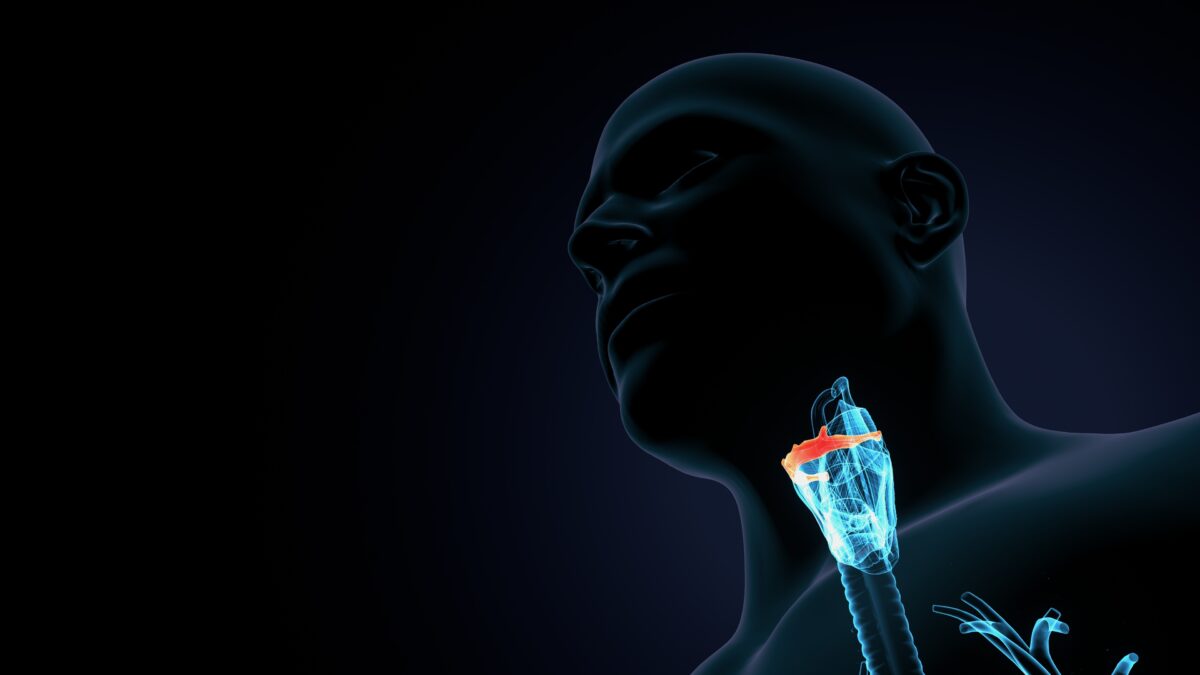What is Hashimoto’s Disease?

Overview
Hashimoto’s disease is a chronic autoimmune disease that affects the thyroid. It causes hypothyroidism which means the thyroid gland functions less than it normally should. The thyroid is a butterfly-shaped gland below Adam’s apple in the neck. A picture of normal thyroid vs Hashimoto’s disease is shown below. It is part of the endocrine system. The thyroid’s job is to make thyroid hormones, which control the speed of metabolism. This affects not only weight but also all the organs in the body including the heart and brain.

Cause of Hashimoto’s
Hashimoto’s is an autoimmune disease, which means the body’s immune system attacks its own body. The immune system usually detects and fights outside invaders like bacteria and viruses. In this case, the immune system makes antibodies that attack the thyroid tissue. The reason is unknown. This causes an increase in white blood cells and inflammation in the thyroid. Not all people with hypothyroidism have Hashimoto’s.
Signs and symptoms
Some people with Hashimoto’s may develop an enlarged thyroid gland. This is also known as a goiter. It does not cause pain but will make the neck look swollen. Over time, hypothyroidism will cause fatigue, excessive sleeping, mild weight gain, constipation, dry skin, slow heart rate, brittle hair and nails, depressed moods, irregular periods, and memory and concentration problems. Think of all these bodily functions being “low” or “slow” due to hypothyroidism, meaning low thyroid functions.
Diagnosis
To diagnose Hashimoto’s, the healthcare provider will ask about your symptoms, medical history and perform a physical test. Blood tests will be ordered including a thyroid-stimulating hormone (TSH) test, free thyroxine (T4) test and antithyroid antibody test. Antithyroid antibody test will indicate if Hashimoto’s is the cause of hypothyroidism. Imaging, such as an ultrasound, may be ordered to check the size of the thyroid and for any thyroid nodules.
Treatment
If Hashimoto’s disease leads to hypothyroidism, the provider will most likely prescribe levothyroxine. It is a synthetic also known as a manufactured form of the T4 hormone that your thyroid makes. This is a daily, life-long medication. Over time, dosage may be adjusted depending on the condition.
Summary:
- What it is:
- Chronic autoimmune disease affecting the thyroid gland.
- Causes hypothyroidism: underactive thyroid.
- Thyroid controls your metabolism (burning energy).
- Cause:
- Unknown, but immune system attacks the thyroid (autoimmune).
- Inflammation results in decreased thyroid hormone production.
- Symptoms:
- May include fatigue, weight gain, constipation, dry skin, slow heart rate, hair/nail issues, mood changes, memory problems.
- Enlarged thyroid gland (goiter) possible, but not painful.
- Diagnosis:
- Doctor’s exam, blood tests (TSH, T4, antibodies), and possibly ultrasound.
- Treatment:
- Daily life-long medication (levothyroxine) to replace missing thyroid hormone.
- Dosage adjusted over time to maintain normal thyroid function.
- Remember:
- Early diagnosis and treatment are crucial.
- Regular monitoring and medication adjustments are necessary.

This article reviewed by Dr. Jim Liu, MD and Ms. Deb Dooley, APRN.
There’s nothing more important than our good health – that’s our principal capital asset.
#medical #telehealth #umedoc






